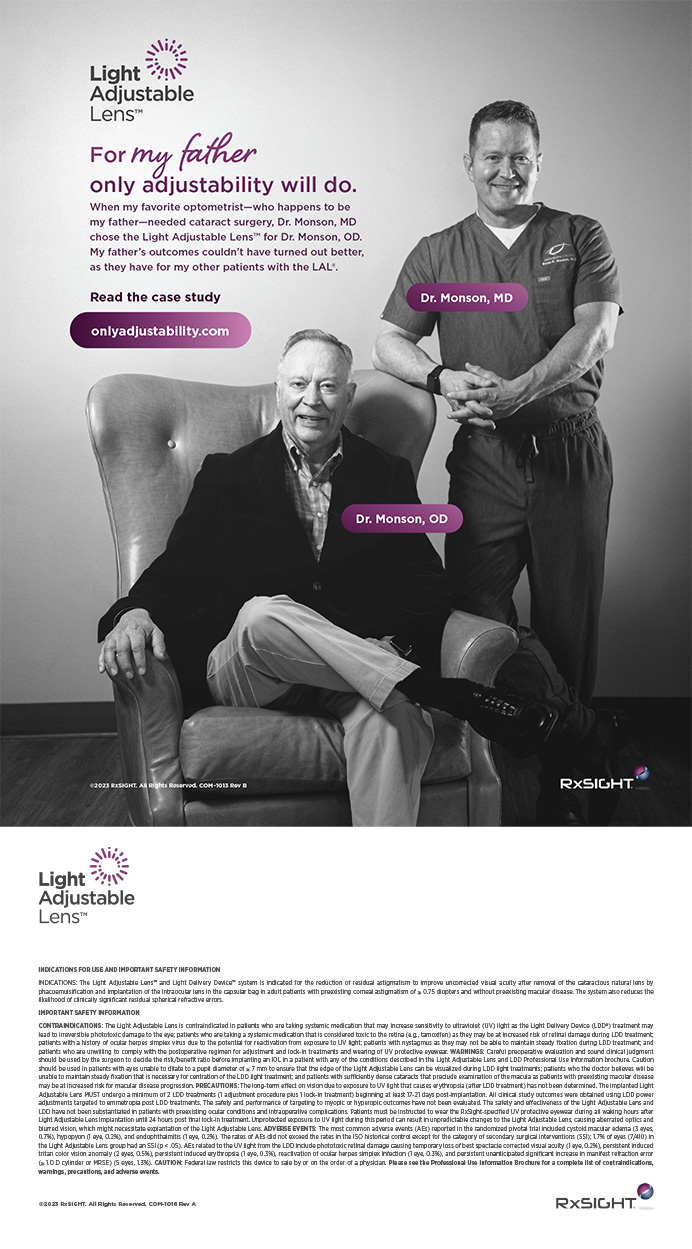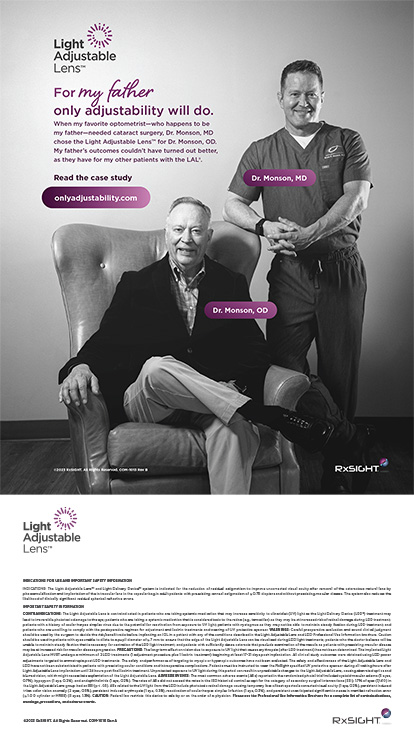If you ask any ophthalmologist what the most rewarding aspect of their job is, chances are they will reply that it is the joy of improving patients’ vision and helping them achieve a better quality of life. Most issues of CRST focus on the latest surgical approaches, technological advances, complications management, and even business and practice management pearls that promote ways in which surgeons can enhance their ability to reap these rewards. This issue is different. It highlights what can happen when a surgeon’s skill and compassion converge.
In his book The Descent of Man, and Selection in Relation to Sex,1 English naturalist Charles Darwin shared the idea that the highest moral achievement is a concern for the welfare of all living beings. He reasoned that compassion toward one’s family group is human nature but that compassion for anyone in distress is a noble intention sought by “many a civilized man.”
The stories shared in CRST’s Compassion Issue underscore the power ophthalmologists have to improve the lives of their patients by offering them services that they otherwise would not be able to afford or undergo because of availability status in their country. Surgeons write of times they’ve treated patients at no cost to them, surgeries that were performed under the FDA’s compassionate use program, and organizations that support eye care for needy people in their local communities.
In the past, CRST has highlighted surgeons’ provision of care in developing nations (click here to read our Innovation and Inspiration issue). The current series hits closer to home. There are myriad pathways you can take to improve the quality of life of your patients. Why not go one step further and consider how you, too, can make a difference through acts of compassion for those in your local community?
Laura Straub | Editor-in-Chief
1. Darwin C. The Descent of Man, and Selection in Relation to Sex. D. Appleton & Co; 1871.




